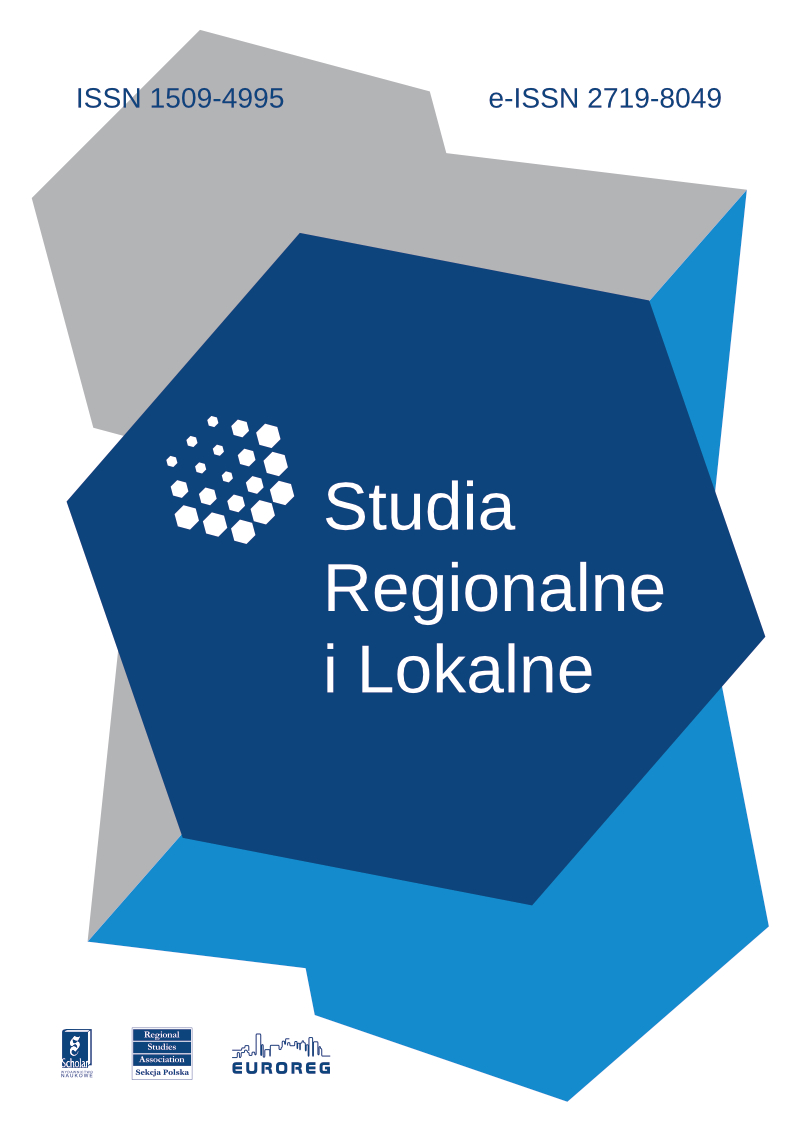Przywództwo polityczne w zachodnioeuropejskim samorządzie lokalny
W Europie Zachodniej następuje zmiana modelu samorządu lokalnego: od modelu komitetowego rady przechodzi się do bardziej „wykonawczo zorientowanych” modeli, takich jak parlamentarne czy prezydenckie. Przywództwo polityczne stanowi rdzeń wielu ostatnich reform instytucjonalnych samorządu lokalnego. Wyraźnym celem tych reform jest wzmocnienie władzy wykonawczej i zapewnienie silnego, widocznego i efektywnego przywództwa. Zmianie uległa na przykład pozycja burmistrza w Wielkiej Brytanii i Niemczech oraz zarządu w Holandii. Jednym ze sposobów wzmocnienia przywództwa politycznego jest wprowadzenie bezpośrednich wyborów burmistrza. Nie we wszystkich państwach dokonuje się tego rodzaju transformacja, w niektórych zmiany zostały ograniczone do niewielu gmin. Inne są relatywnie odporne na międzynarodową tendencję reform instytucjonalnych.
Political Leadership in Local Governments in Western Europe
In Western Europe, the model of local government has been changing in the previous decades: from a council-committee model to more executive-oriented ones, like the parliamentary and the presidential models. Political leadership lies at the heart of many of the recent institutional reforms of local government. An explicit aim of these reforms has been to strengthen the executive power, and to provide strong, visible and effective leadership. For example, the position of the mayor in Britain and Germany and of the board in the Netherlands has changed. The direct election of mayors is one of the ways to strengthen the political executive. Not all countries are undergoing such kind of transformation. In some of them, changes have been restricted to few municipalities. Others have been relatively immune to this international trend towards institutional reforms.
Affiliation:
Lucyna Rajca: Instytut Nauk Politycznych, Uniwersytet Humanistyczno-Przyrodniczy w Kielcach ( ul. Świętokrzyska 21B 25–406 Kielce)



